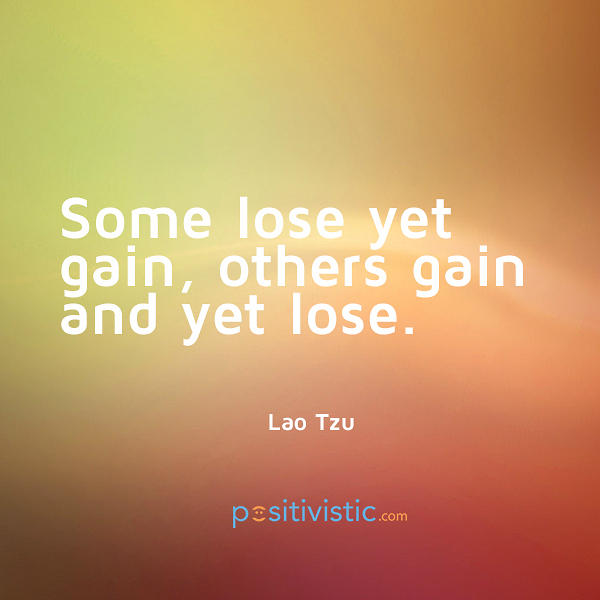Meditations on getting mad: themes from Mark’s story about Jesus overturning tables in the temple
.. behind every comfortable emotion there is a met need, and behind every uncomfortable emotion there is an unmet need. — Human Systems, link: https://humansystems.co/emotionwheels/ Love dancing with rage, rage dancing with love, becomes the greatest spiritual, moral, and political task in each generation. —Danté Stewart The trick with anger is to let it inform […]


